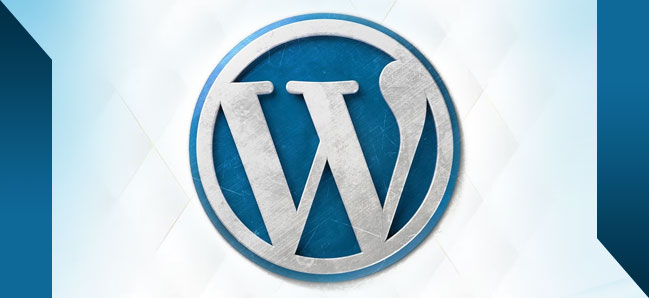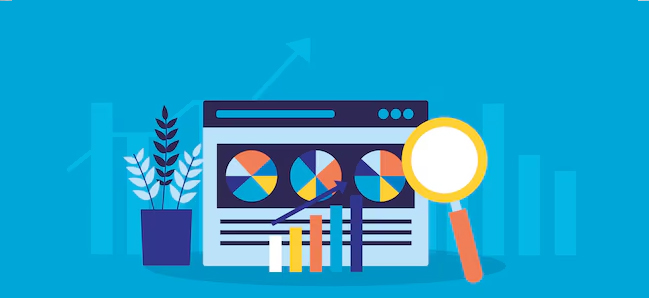Why is Website Speed Important for SEO?

Page and website speed are essential to how search engines rank your page. Search engines want to display relevant websites with better user experience on their result pages. A slow-loading website speed can frustrate users, who might leave the website even before properly visiting it. This is why search engines don’t want to display websites with slow speeds on result pages. You can hire a web development company in Ontario to assess and improve your website speed.
Are page speed and website speed the same?
Many people use the terms ‘page speed’ and ‘website speed’ interchangeably. However, they are not the same. Page speed refers to the loading speed of a single web page, while website speed refers to the loading speed of the entire website.
Metrics such as Core Web Vitals help measure user experience for loading experience, interactivity, and visual stability of a page. On the other hand, measuring the loading performance of a whole website can be challenging, especially if it contains hundreds or more pages. There is no single metric that can help measure your overall website speed. A website is a combination of multiple web pages connected in a structured way. If most pages on your website pass Core Web Vitals metrics, your website can be considered fast.
3 benefits of website speed for SEO
Website speed offers the following benefits for SEO. Let’s discuss them further.
Improved User Experience
The ideal website loading speed is within 3 seconds. The longer your website takes to load, the more audiences you will lose. First impressions are crucial for any business growth, and your website speed plays a crucial role in how your audiences will perceive your business.
Generally, audiences consider websites with faster loading speed credible and reliable. On the other hand, they might feel frustrated if a website takes too long to load, prompting them to leave it sooner. They might visit other faster websites to meet their search requirements.
Improve SEO ranking of a website
Page speed is a direct ranking factor for both mobile and desktop searches. As a result, faster websites are likely to rank high on SERPs for relevant searches. Slow speed can affect user experience and increase bounce rate, as visitors leave the website even before it loads properly. It can further harm your website’s overall search ranking.
Improve conversion
Google penalizes websites with slow loading speed by not ranking them well on SERP. Besides, visitors who leave your website due to its loading speed might not be keen to return to your website. Both these aspects can lead to the loss of potential customers and reduce the chances of revenue generation.
7 tips to boost your website speed
The following tips can help boost your website speed. Let’s discuss further.
Use a Content Delivery Network (CDN)
A Content Delivery Network or Content Distribution Network (CDN) is a network of servers distributed across different geographical locations that caches content near to end users. Suppose you have hosted your website on a single server. Now, data from your website’s server will have to travel across the internet to reach the end user, i.e., your web visitor. As a result, if the user is far away from the server, it will take longer to load a large file, such as images, videos, etc. Hence, website content is stored on CDN servers that are nearer to the users. It allows the content to be delivered to the end users faster.
Select a performance-optimized hosting solution
The hosting provider you select can play a crucial role in your website’s performance and speed. Cheap hosting involves sharing resources between multiple websites, which can affect its loading time. Instead, you should select performance-focus hosting to boost your loading speed.
Optimize website images
Adding various visual elements to your website, such as photos, images, etc., can help improve engagement. However, many of these visuals are large files that can slow your website speed. Compressing these files can help reduce image size without compromising its quality.
Reduce the number of plugins
Plugins are responsible for adding features to your website. However, installing more plugins will require more resources to run them, which will slow down the website. Further, some security issues might develop. Hence, checking all the installed plugins and removing the unnecessary ones is better. Keep the necessary plugins and ensure they are updated.
Reduce the number of JavaScript and CSS files
When a visitor wants to access particular files on your website, the presence of many JavaScript and CSS files can lead to a large number of HTTP requests. The visitor’s browser treats these requests individually and slows down the website. Hence, reducing the number of JavaScript and CSS files will help speed up your website.
Reduce your redirects
Too many redirects on your website can negatively impact its loading time. Whenever a page redirects, it extends the HTTP request and response process. Hence, you should remove unnecessary page redirects to speed up your page loading time.
Use website caching
Website caching involves storing copies of files in cache or a temporary storage location. It allows retrieving the frequently accessed files faster, when needed, instead of accessing it from servers. As a result, it helps improve your website speed.
Therefore, by implementing these strategies, you can improve your website speed. HireH Consulting offers web development services in Ontario. We can help assess your current website speed and, if needed, boost it to improve its SEO performance.




